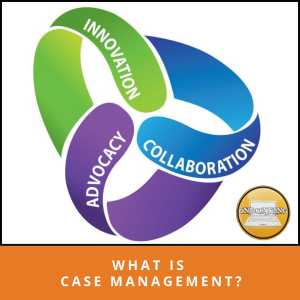What is Case Management?: Onboarding NEW

Available Summer ’24
Logistics
Type: Self-Paced / Onboarding
Time to Complete: 90 minutes
Target Audience: Case managers, social workers, outreach workers, and other professionals working with people experiencing homelessness including their supervisors and program management.
Components
- Videos
- Text
- Exercises
- Knowledge Checks
- Final Assessment
- Course Evaluation
- Completion Certificate
Description
The use of quality case management practices has been shown to improve decision-making and service delivery. Effective case management practice can empower individuals to understand and access multiple services through creating a person-centred case plan, with the end goal of improving their coping skills, increase resilience, and promote greater autonomy, safety, and well-being.
Case Management is a long-term, recovery-based, relationship between a practitioner and participant with the shared goal of recovery and stabilization. It is a thoughtful, intentional, and structured approach to working with people who are being supported within the helping sector.The National Case Management Network of Canada (NCMN) defines case management as a:
“collaborative, client-driven process for the provision of quality health and support services through the effective and efficient use of resources. Case management supports the client’s achievement of safe, realistic, and reasonable goals within a complex health, social, and fiscal environment”.
Utilizing a service orientation that is hopeful, evidence-based, and trauma-informed, case management seeks to enter into a partnership between practitioners and participants. This partnership allies the practitioner and participant using the latest in best and promising practices and centring the experiences and agency of participants towards the best possible outcomes.
This module will provide learners with a basic understanding of case management including core principles such as a person-centred lens, the team-based approach, the Housing First connection, and harm reduction. Learners will also gain insights into additional case management best practices such as building rapport, the importance of meetings, service tapering, service brokerage, and crisis intervention.
Learning Objectives
- Understand evidence-based best practices associated with case management.
- Understand various approaches to case management.
- Gain insight into the value of the importance of case management core principles and upholding them in personal practice.
- Be prepared to begin work as a case manager.
- Be prepared for a full Person-Centred Intensive Case Management live training.
